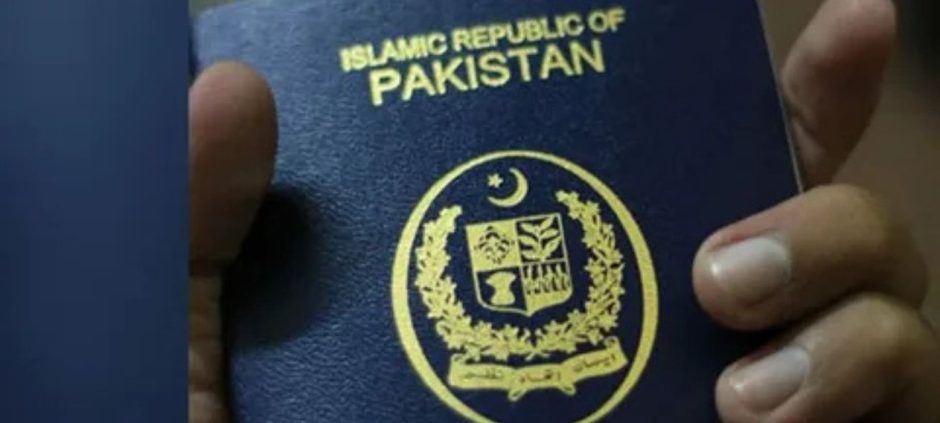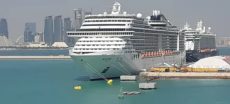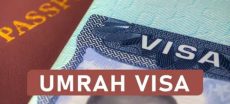The moment you hold a passport, it’s more than just a booklet. It’s a key to the world, or sometimes, a reminder of the walls around you. For Pakistanis, the Blue Passport of Pakistan has long symbolized both pride and a unique challenge. While it opens doors to some countries easily, it also highlights the visa hurdles and diplomatic realities that shape our global mobility.
Travel is more than tourism; it’s an opportunity, education, work, and cultural exchange. And the passport you carry tells a story about your nation, your international standing, and even your patience in waiting for visas.
A Passport With Meaning Beyond Its Cover
The Blue Passport, introduced in 2004, represents Pakistan on the global stage. Its dark blue cover and national emblem are recognizable, yet the experiences it offers vary widely depending on where you go.
Holding a Pakistani passport often sparks mixed feelings among citizens. On one hand, it’s a symbol of national identity. On the other hand, it can make traveling more complicated than one would hope. From visa waits to strict entry rules, the passport subtly reflects how the world views Pakistan.
Travel Freedom: How Open Is the World?
For Pakistani passport holders, the reality of global mobility is a mix of possibilities and restrictions. While some countries allow visa-free entry or easy visas on arrival, others require lengthy applications, high fees, and complex documentation.
Statistically, the Pakistani passport ranks lower in global mobility indices compared to many neighboring countries. But numbers only tell part of the story. Every denied or delayed visa carries a personal story, missed opportunities, postponed meetings, or canceled trips.
This makes one wonder: Is travel freedom just about luck and paperwork, or does it reflect deeper diplomatic relations?
Visa Challenges: Patience Is More Than A Virtue
Pakistanis know all too well the struggles behind a visa application. Sometimes, it’s not just about proving financial stability or ties to home; it’s about perception. Foreign governments often consider security, diplomatic history, and even media narratives before approving entry.
The Blue Passport of Pakistan reminds us that international mobility is not always straightforward. For students, businesspeople, or tourists, the process can be stressful. Yet, despite these challenges, many Pakistanis keep trying, showing resilience and determination to explore the world.
Diplomacy Behind The Scenes
A passport is not only a travel document; it’s a diplomatic signal. Countries granting easier access to Pakistani citizens often reflect stronger bilateral ties. The Blue Passport indirectly narrates Pakistan’s position in global politics.
Recent announcements, like the PM’s introduction of blue passports for overseas Pakistanis, highlight efforts to make international travel smoother and recognize the contributions of the diaspora. It’s a step toward valuing global citizens while improving the country’s image abroad.
How Citizens See The Blue Passport
For many, the Blue Passport is a mix of pride and frustration. Pride, because it represents their nationality, culture, and identity. Frustration, because of the travel restrictions it carries.
Yet, it also sparks discussion and thought. Should Pakistan aim to improve its global mobility ranking? What measures can enhance international perception and reduce visa difficulties? These questions matter not just for travelers, but for policymakers and the nation’s image.
The Social And Economic Angle
International mobility impacts more than leisure travel. It affects education, employment, trade, and cultural exchange. Pakistani students seeking universities abroad, professionals pursuing global opportunities, or entrepreneurs exploring markets, all experience the ripple effects of visa policies.
The Blue Passport, therefore, is a silent player in Pakistan’s economic and social development. Its reach or restrictions can shape careers, businesses, and even global collaborations.
A Call To Reflection
Holding a passport might seem ordinary, but for Pakistanis, it tells a bigger story. It’s about identity, opportunity, resilience, and diplomacy. The Blue Passport of Pakistan reminds us to celebrate what we have while acknowledging the work that remains.
Perhaps the next time you pack for a trip, you’ll see your passport not just as a travel document, but as a reflection of global mobility, national standing, and personal determination.
So, how can we, as a nation, push for smoother mobility? How can our global identity be strengthened while we continue striving for travel freedom? These are questions worth thinking about for every citizen who dreams of seeing the world.











